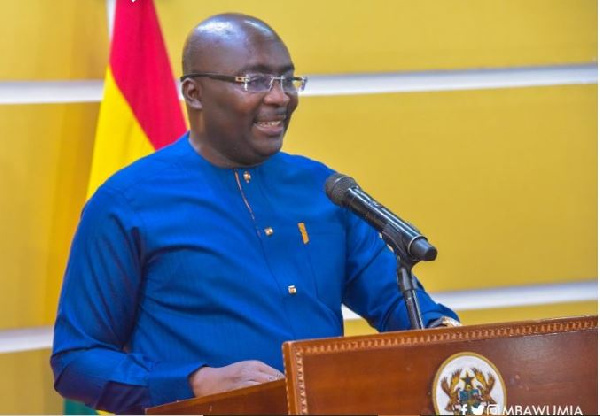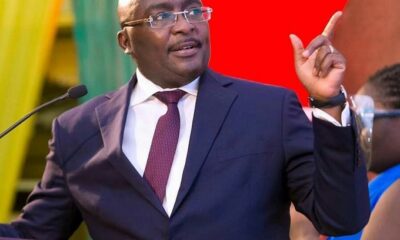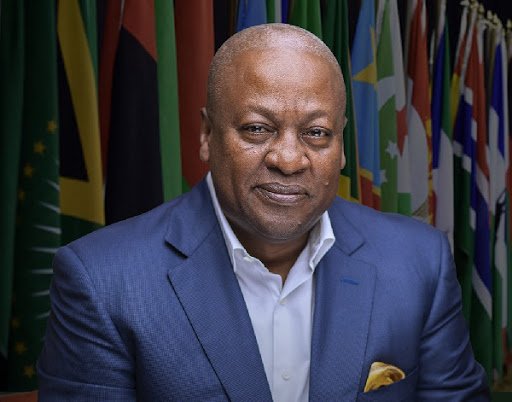Ghana’s Vice President, Mahamudu Bawumia, has emerged as the presidential candidate of the ruling party, the New Patriotic Party (NPP), at next year’s presidential elections.
After taking first place in the first stage of the primary in August, the 60-year-old economist and former central banker, who has served as second-in-command, won 61% of the votes cast in the second stage of the primary.
He hopes to succeed President Nana Addo Akufo-Addo, who is scheduled to leave office in January 2025 after serving the eight years required by the constitution. Bawumia, in his acceptance speech, promised to rebuild the crisis-hit economy if elected president.
“I want to lead a nation that improves and unleashes the talents of our youth and offers good jobs with good pay and sustainable growth with macroeconomic discipline,” he said.
No party has ever won more than two consecutive terms in the presidency of Ghana, even though the ruling parties are frequently regarded as favourites. Bawumia’s record may also come under scrutiny from voters as the West African nation battles to recover from the worst economic crisis in a generation.
If Bawumia emerges as president in the election, Ghanaians will hope that his financial background can influence economic recovery in the country. But that has not counted for much while being vice president. A researcher at Ghana’s Institute for Fiscal Studies, Said Boakye, noted, “One would have thought that with Bawumia as vice president—especially since he leads the economic management team—the economy would be doing well, but not much has been accomplished.”
Bawumia’s emergence coincides with the NPP’s advocacy for increased diversity. He is not only the first non-member of the dominant Akan-speaking ethnic group to lead the NPP, but also the first Muslim leader of a major party in Ghana since 1992.
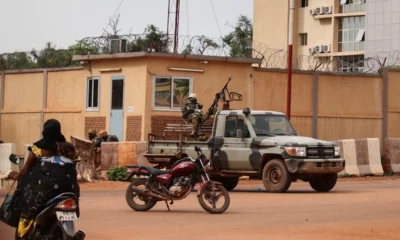
 Politics2 days ago
Politics2 days ago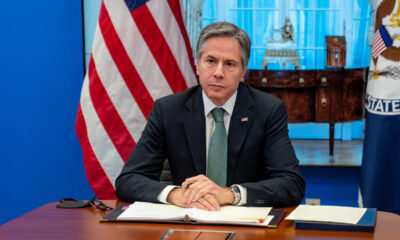
 Musings From Abroad2 days ago
Musings From Abroad2 days ago
 VenturesNow2 days ago
VenturesNow2 days ago
 VenturesNow2 days ago
VenturesNow2 days ago
